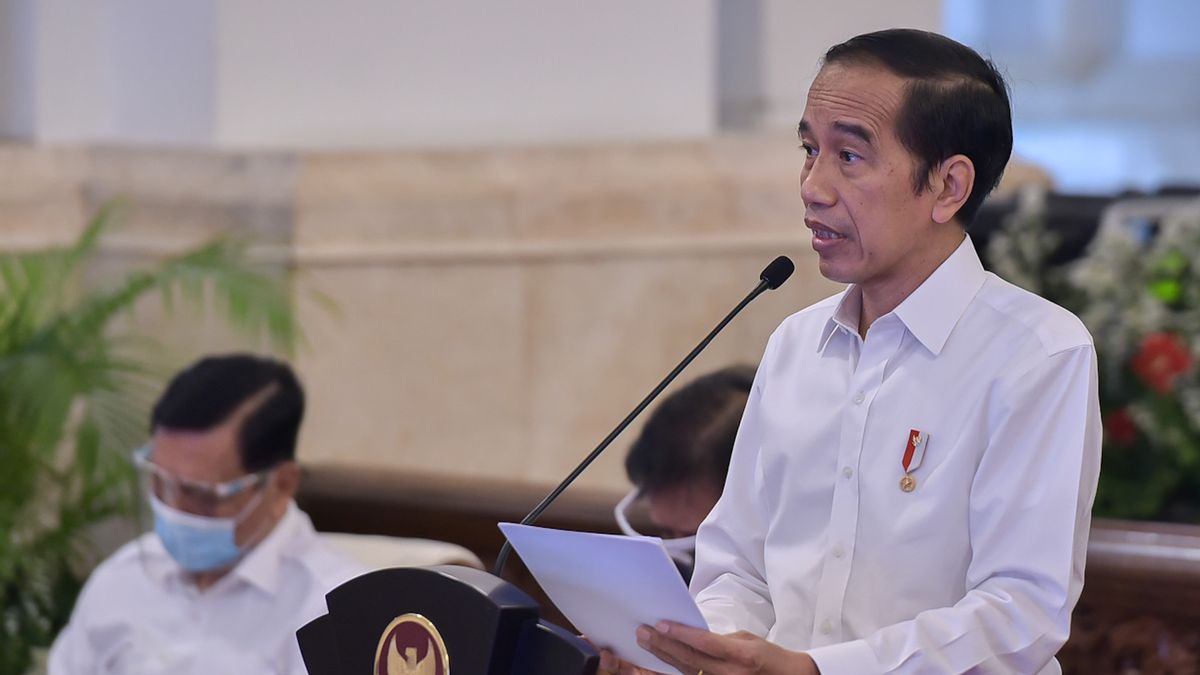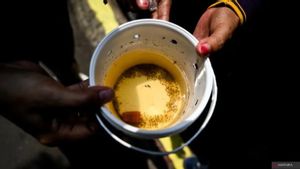JAKARTA - Chairman of the Daily Executive of the Indonesian Consumers Foundation (YLKI), Tulus Abadi, said that trimming the 2020 Christmas and New Year 2021 (Nataru) holidays had an impact on the consumer community and the tourism sector. In fact, it has the potential to make a loss. Because, the policy was issued suddenly.
As is known, at the end of the year there will be a massive long holiday. Starting from December 24, 2020 to January 3, 2021. The long holiday is a substitute for the Eid or Eid holidays.
However, after getting input from health practitioners and observers of public policy, President Joko Widodo (Jokowi) asked for the long holiday to be cut. The reason is none other than because positive cases of COVID-19 in the country are still very high.
Then, the government set December 24 to December 27 2020 as a Christmas 2020 holiday. Meanwhile, December 28 to December 30 2020 was not a holiday. Meanwhile, the new year holidays are on December 31, 2020 and January 1 to 3, 2021.
Not only that, on December 17, a new policy appeared that was felt to be more sudden. The government, through the Coordinating Minister for Maritime Affairs and Investment, Luhut Binsar Pandjaitan, announced the travel requirements for Christmas and New Year which came into effect on 19 December.
The government requires road trips to Bali and Java to carry out a rapid antigen test on D-2 or 2x24 hours before departure. Meanwhile, airplane passengers to Bali are required to take a Polymerase Chain Reaction (PCR) swab test on D-2 before departure.
According to Tulus, this sudden policy made the public and tourism sector businesses frantic. Because, since the policy was delivered, the community has returned the tickets simultaneously on the same time and day.
"The problem is that consumers have bought tickets to Yogyakarta, Bali and all kinds of things. Especially now that there are new rules for the rapid antigen test of the PCR test so that many people return tickets up to Rp. 300 billion," he said, in a virtual discussion, Monday, December 21.
Tulus assessed that the government has not learned from the handling of the COVID-19 pandemic from before. In fact, he said, a long holiday during a pandemic has the potential to increase virus transmission.
Furthermore, said Tulus, the government should reflect on policies taken by other countries. Where, during the COVID-19 pandemic, the government eliminated the long weekend holiday. On the other hand, in Indonesia it is precisely on August 17, 2020 and the Prophet's birthday, which was not made a long weekend, was actually made.
"Finally, after the long holiday, there was a significant increase in (positive cases of COVID-19)," he said.
Tulus also believes, after the 2020 Nataru holiday, the cases of COVID-19 will increase again. So that the government needs to really watch out for it. Moreover, in Jakarta the level of exposure ratio is still high at 9.8 percent. Meanwhile, WHO recommends only 5 percent.
"We are all aware of them even with 4 days off. This will be a heavy burden for health workers and hospitals who are about to give up. This must be taken seriously so that it does not happen," he said.
The English, Chinese, Japanese, Arabic, and French versions are automatically generated by the AI. So there may still be inaccuracies in translating, please always see Indonesian as our main language. (system supported by DigitalSiber.id)













